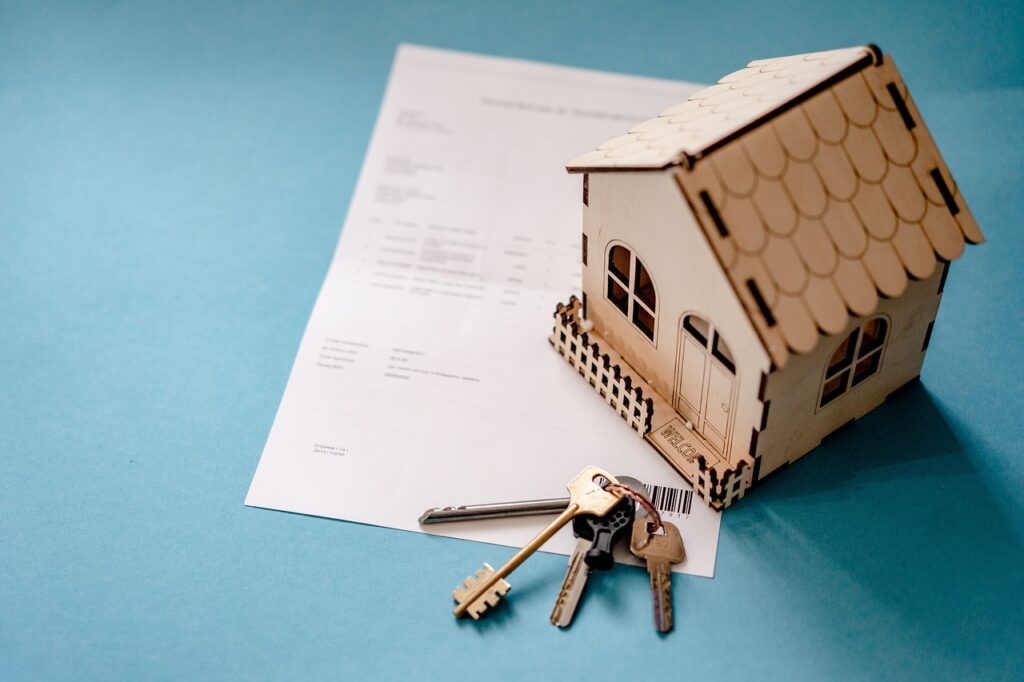What does the “closing” of the operation mean?
Closing occurs when the definitive ownership and insurance documentation is signed and the keys to the home are obtained.
Technically, the closing process begins when you sign the sales contract. That agreement must specify a closing date. Typically, from the date of contract signing to the closing date, closing takes four to six weeks. During this period, the funds for the purchase are kept in a deposit account, where your money is safe until the official closing of the operation.
What is the closing statement?
Lenders must provide borrowers with a closing statement (CD) within three days prior to closing. This form is a statement of the final terms of the loan and closing costs.
You have three days to review the CD. Compare it to the loan estimate you received shortly after applying. For more information on closing statements and loan estimates, and to view sample forms, visit: (https://www.consumerfinance.gov.)
The goal of this formal review process is to ensure that there are no surprises at the closing table. If there is a material discrepancy between the loan estimate and the CD, you should notify your lender and the title company immediately. Depending on what the underlying issue is, the shutdown should be stopped and a new shutdown statement submitted with a new three-day review period.
When does the final home tour take place?
Most real estate sales contracts allow the buyer to tour the home within 24 hours of closing to verify the condition of the property. During this final inspection, which typically takes about an hour, you’ll be able to verify with your agent that any repair work the seller has agreed to perform has been completed.
During this verification tour, you will also be able to check again that everything works correctly in the house. Don’t forget to check these things:
• Run water at all faucets and check for leaks under sinks.
• Test the appliances and other gadgets in the house.
• Check the garage door opener.
• Flush the toilets.
• Opens and closes all doors.
• Run the garbage disposal and exhaust fans.
If the house is in good condition, bravo! Your next stop is the closing table.
If something is wrong, your agent will contact the seller’s agent and, in most cases, will negotiate for the seller to pay you at closing, usually by personal check, for the costs of fixing the problems. on your own.
In the worst case, you will need to delay the shutdown to resolve any remaining issues. In the unlikely event that this happens, your agent will help you resolve the situation.
Who should be at the closing?
Several people will be present; There may be variations depending on the state in which the operation is performed. In general, in the closing they will be:
• Your agent
• The seller
• The seller’s agent
• A representative from the title company
• Your loan officer
• The real estate lawyers who have participated in the operation.
How much will I have to pay in closing costs?
If you’ve heard someone express their frustration with the home buying process, it’s likely they were complaints about the unforeseen costs that may come at closing. Let’s break down what to expect so you don’t have any surprises.
There is often a wide variation in closing costs depending on the location and the purchase price of the home. The costs are divided between the buyer and the seller; but, as a buyer, you will have to cover most of it. In general, its value will be 3% to 4% of the sale price of the home. So, for a home priced at $300,000, you’ll pay between $9,000 and $12,000. (For their part, the seller typically pays 1% to 3% of the sales price.)
What do I bring? (Besides champagne?)
At closing, you must bring:
• Official identity document with your photo
• Ratified copy of the sales contract
• Home insurance certificate
• Flood insurance policy, if it is a flood zone
• Cashier’s check or transfer slip that collects the remainder of the down payment and closing costs payable by the buyer.
Good! Can I party now?
You made it to closing time! YEAH! When you’ve climbed to the top of the mountain of papers you have to sign, and once you have the keys, you can say it. I already have my own house!
Congratulations! The entire process implies a great effort and the coordination of many issues, in addition to the links that you must carry out with your agent, your credit institution and other specialists.


